
For years, Amanda Castro was told that everything related to electronics was a subject for men. On top of that, in Guanacaste, where she was born and raised, there were no opportunities for her to study that field that caught her attention. She wanted to challenge both of these conditions that were stacked against her.
Today, this 19-year-old from Nicoya is in her second year of electronic engineering and is one of 11 young people aspiring to represent Costa Rica and Latin America at the 2022 PromoMoon Initiative, which will be held virtually, and at the International Astronautical Congress in France. They are the only ones in all of Latin America chosen for the congress.
Her group was selected because they invented the Biodome, a system that isolates crops from the external environment so that they develop with adjusted conditions, such as light, nutrients, humidity or acidity.
With this device, the students at the Technological Institute of Costa Rica (TEC for the Spanish acronym) and the University of Costa Rica (UCR) are attempting to solve two problems:
- The need to produce food that astronauts can have during their space missions.
- Production difficulties for areas where growing conditions are more and more hostile due to climate change.
This is the case in Guanacaste, where flooding in the rainy season and the aridity of the land in the dry season can affect food production.
“It’s more and more difficult to ensure that land that is sown will yield a harvest. At any moment, a natural disaster hits, a problem arises and it’s lost,” explained one of the project coordinators, Facundo Mendoza.
The Biodome works through a technique called in vitro culture. Initially, plants are grown in a laboratory with all the nutrients the plant needs. Once the plants reach a certain degree of maturity, the crop is acclimatized in a greenhouse for a certain amount of time— depending on which crop it is— and placed in the biodome.
But why is the biodome special? With its isolated structure, it protects the crop from pests and diseases. In addition, it has several sensors that provide information on temperature, relative humidity, CO2 levels and light intensity, so the crop’s parameters can be monitored and configured so that they respond in the most appropriate way and are the most productive in the shortest possible time.
The idea came about as a proposal to ensure food crops on other planets. When space agencies such as SpaceX or NASA began to comment about colonizing Mars, the students said, “Wait a minute, but the people who are going to live there have to eat,” Facundo related.
So by controlling the conditions that may be null in a space environment, or very unstable due to the effects of climate change, they believe that greater food production security can be achieved in these places.
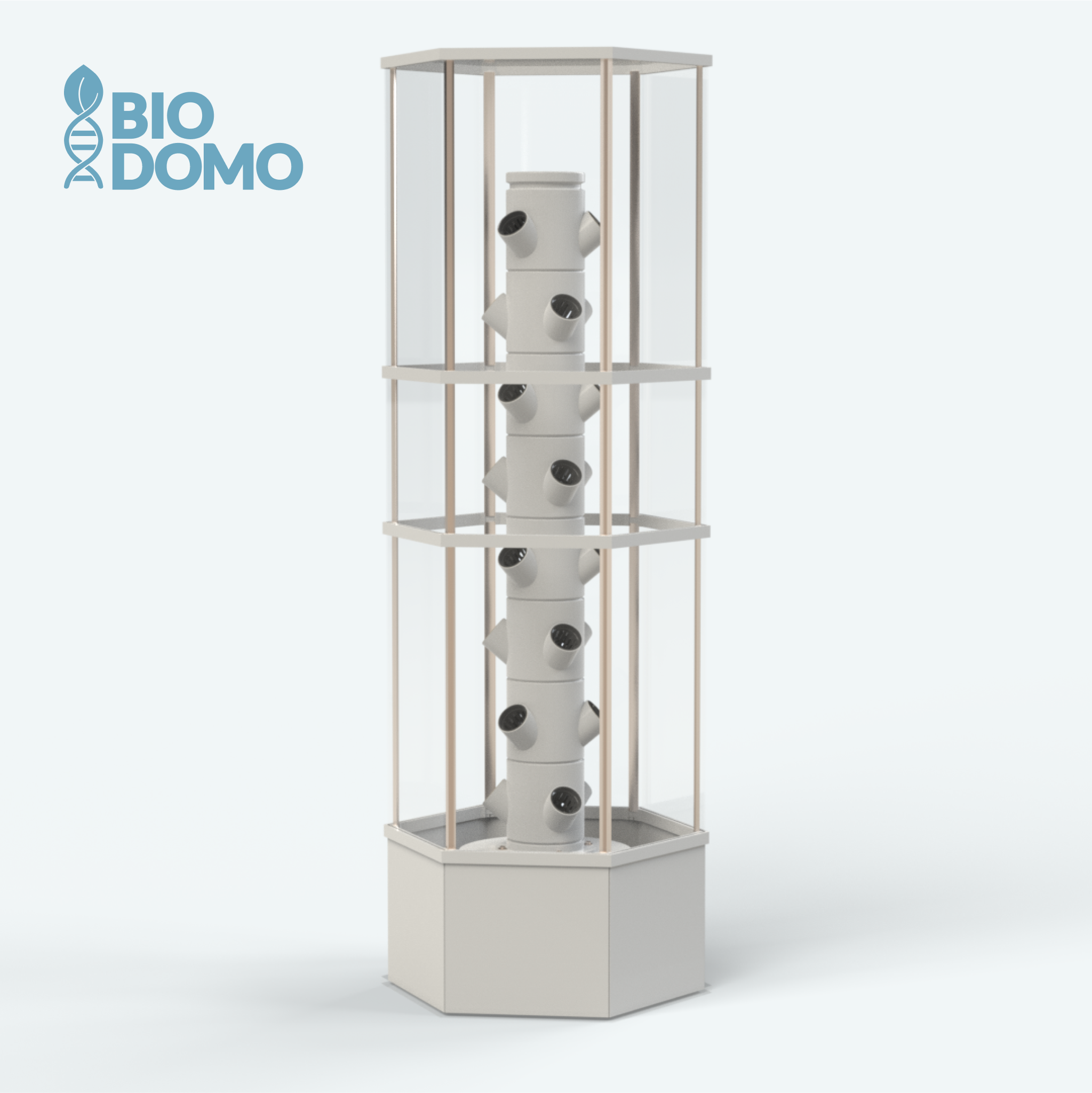
This Biodome prototype is designed to grow lettuce, rice and strawberries. The team wants to continue improving it to work with other crops such as mushrooms and hemp. Photo: Courtesy of Biodome
Forming a Team
Amanda grew up in Caimital of Nicoya, about 10 kilometers from the canton’s downtown area. She never imagined studying a field at TEC, having to go to Cartago. Despite this, she always wanted to study something related to electrical engineering, and that’s why she had to move to the Greater Metropolitan Area (GMA).
“In Guanacaste, there’s no TEC campus. There’s only one for UCR that’s in Liberia. There are even many fields that you can start in Liberia but have to finish in the GMA, so there aren’t a lot of possibilities in that part of engineering that has to do with computers, electronics and these things,” remarked the student.
In addition, the group has seen the Biodome project as an opportunity where people’s diversity and equality are regained. For example, five members are women studying STEM fields (science, technology, engineering and mathematics).
According to the United Nations, in the world, women represent only 35% of those who study these fields due to the inequalities that exist in homes, schools and even in higher education centers for them to develop professionally in these areas.
Amanda said that she was always interested in topics related to electricity and electronics, but she confirmed that she was really passionate about it when she started studying.
“I used to say ‘how cool it is to create a device for women’s safety,’ or something like that that has to do with the police,” the young woman said.
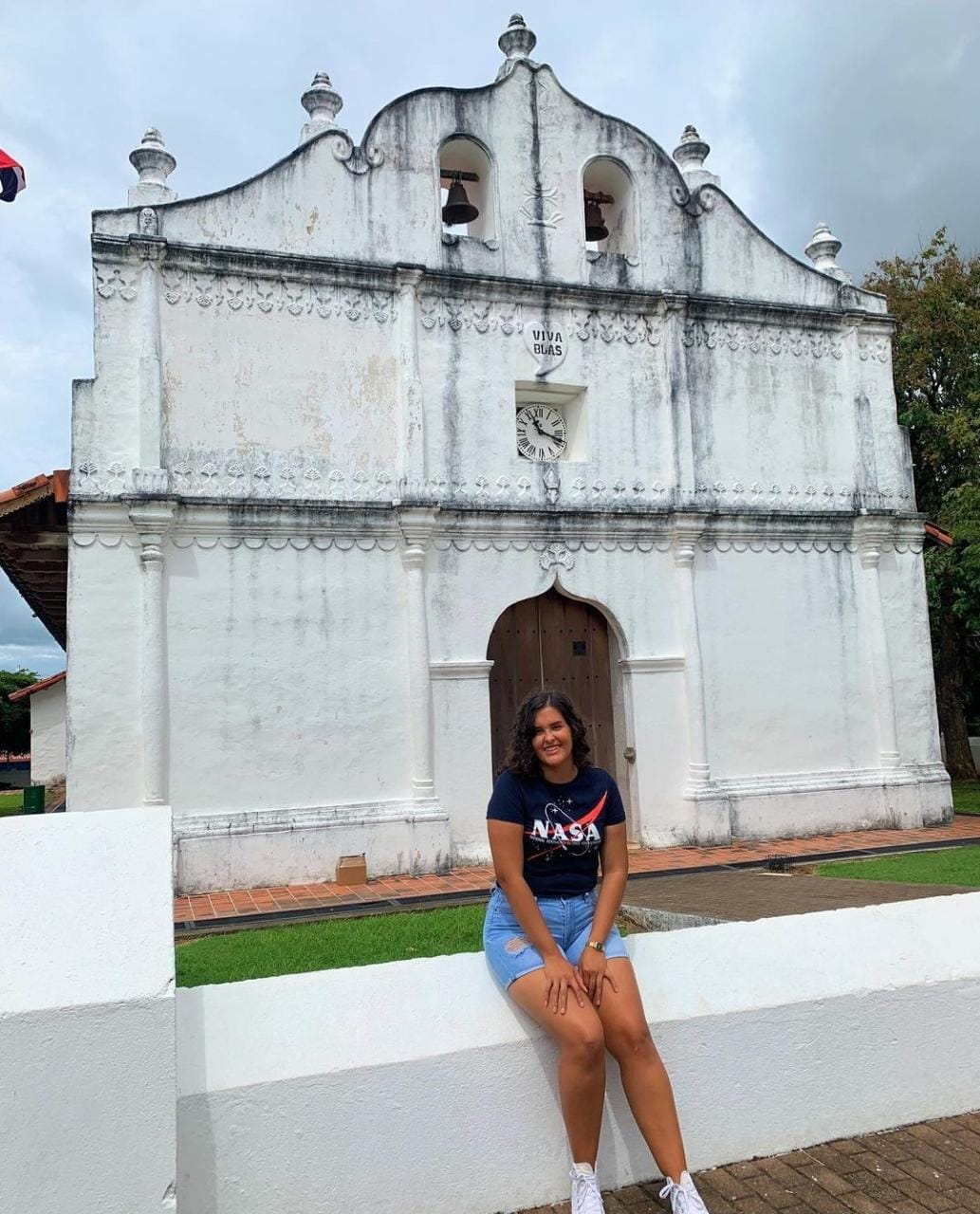
Amanda lives in an apartment in Cartago, but when she travels to Nicoya by bus, it can take up to five hours. Photo: Courtesy of Amanda Castro
Another aspect that the group highlights are the diverse backgrounds they have due to coming from different parts of the country. Amanda is the team member from the area farthest from Cartago, but there are also others who have to travel two, three and even four hours to get to the TEC campus.
Now, they’re combining all their efforts to raise enough money to attend the International Astronautical Congress in Paris. They need to cover plane tickets, admission to the event, lodging for seven nights, transportation and food. They estimate that they need about $2,400 per person, which would be a total of $26,400 for the entire team.
According to another one of the students named Tania Ramirez, the funds raised could also be used to finance the project’s expenses.
“Everything we’ve done so far has been done with our own funds, but like any project, there are things that are very expensive that we can’t buy. So a lot of the money that we’re able to raise could be used for the project’s development as well,” she said.
If you want to help out this group of young people, contact them through their Facebook page, Instagram and Twitter. In addition, you can donate to the IBAN account in colones in the name of Facundo Mendoza, project coordinator, at Banco de Costa Rica: CR66015202001333849404 or through Sinpe Movil: 8757-2477.


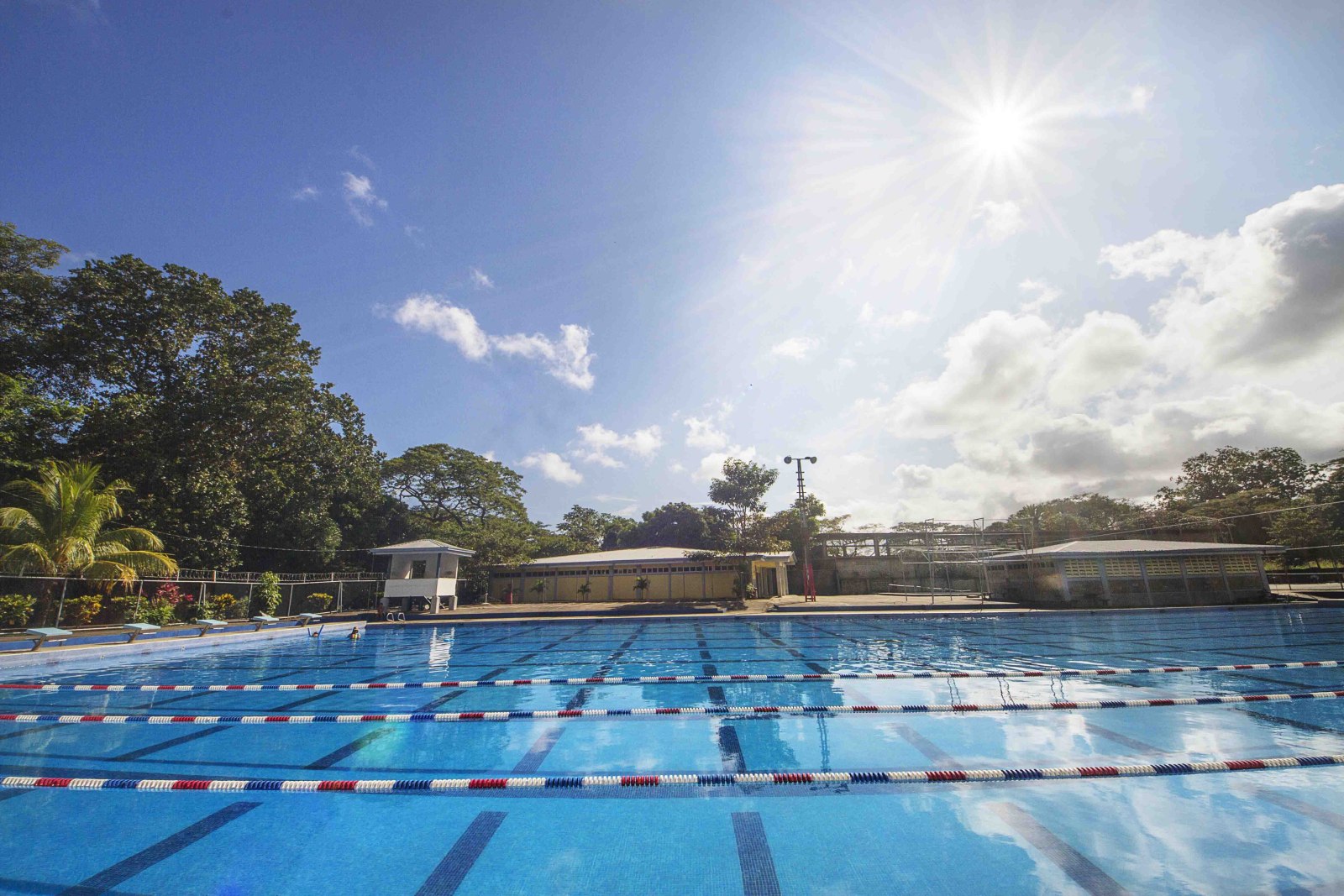
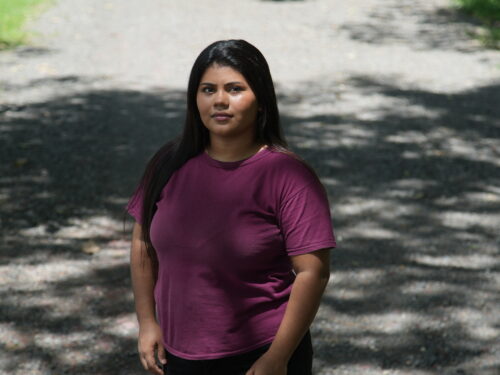
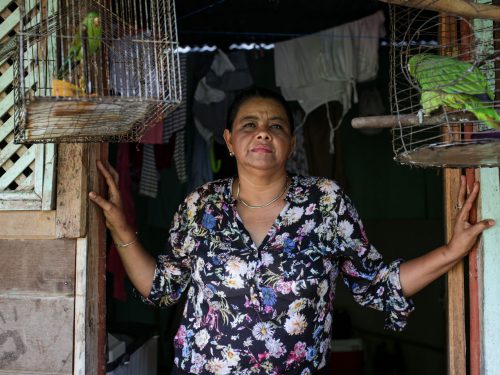

Comments